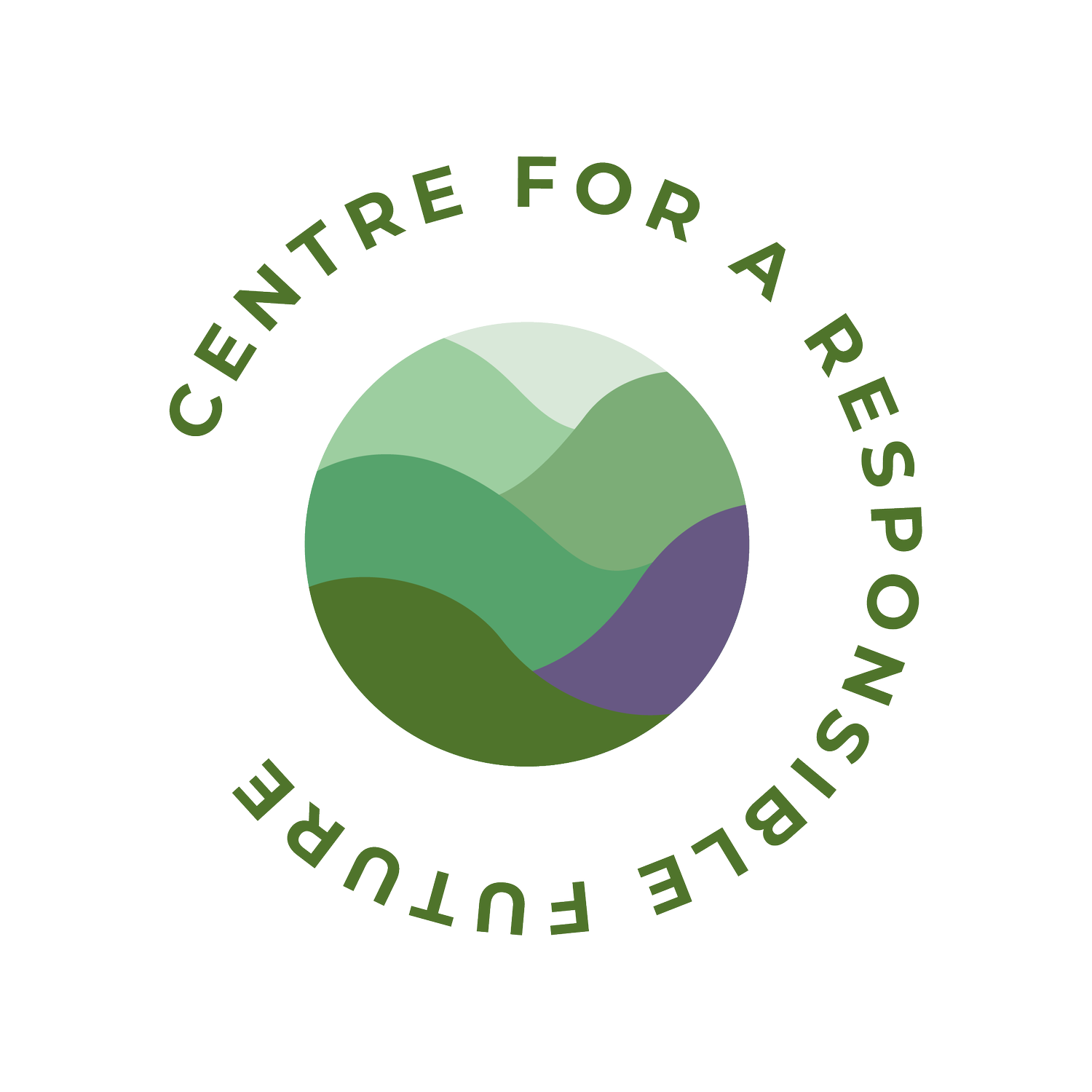#1. Plant-based Foods are Better for the Planet
How you eat and what you eat matters for the planet. In this 3-part blog series, we look at how choosing the right ones can do more to help save the planet.
Plant-based foods such as Impossible burgers and soy milk are better for the environment than beef or cow’s milk. And fortunately for consumers who want more options for their meals, the range of plant-based foods has continued to expand and demand is growing. More than 800 companies around the world either primarily focus on plant-based foods or have a business unit focused on such products, according to the Good Food Institute (GFI), and more of them are bringing their products to Singapore.
A multitude of research shows that these plant-based foods are better for the planet than animal alternatives.
“Even after accounting for the processing required to turn plants into plant-based meat,” for example, GFI found that “every study to date finds that replacing conventional meat with plant-based meat substantially reduces every environmental impact measured.” Moreover, the UK National Food Strategy said that plant-based proteins such as soy, lentils and chickpeas produce about 70 times less GHG emissions than beef.
Cow’s milk causes around three times as much greenhouse gas emissions, according to Our World in Data, and uses around ten times as much land. A study at Oxford University shows that producing cow’s milk uses at least three times as much water as producing plant-based milk.
The key reason that plant-based foods are more planet-friendly is that they use less land and water while producing fewer greenhouse gas (GHG) emissions. Animal agriculture takes up 77 percent of all agricultural land on earth, according to GFI, despite supplying only 17 percent of humanity’s food supply. A 2020 study published in Frontiers in Sustainable Food Systems showed that plant-based meats use 41 percent less land than fish farming, 77 percent less land than poultry and 98 percent less land than beef. And at a time of increasing scarce water, Centre for Biological Diversity director Stephanie Feldstein told Reader’s Digest that “the most popular plant-based alternatives, Beyond and Impossible burgers, reduce water use by 87 percent to 99 percent.”
The impact of shifting to plant-based foods is huge. New York University assistant professor Matthew Hayek and Harvard Law School policy fellow Jan Dutkiewicz wrote in Vox that even if we reduce energy emissions down to zero, demand for meat and dairy alone could make us exceed critical levels of global warming. Transitioning to plant-based diets could reduce global food-related greenhouse gas emissions by between 29 percent and 70 percent, according to a study led by University of Oxford researcher Martin Springmann.
To mitigate climate change and prevent temperatures from rising above the UN targets, then, shifting to plant-based foods is indeed essential.
By Richard Hartung
Richard is currently the Treasurer of Centre for a Responsible Future. He has more than 20 years of experience in consumer financial services and is also a freelance writer for newspapers, magazines and corporates, with a deep interest in sustainability and plant-based diets.


